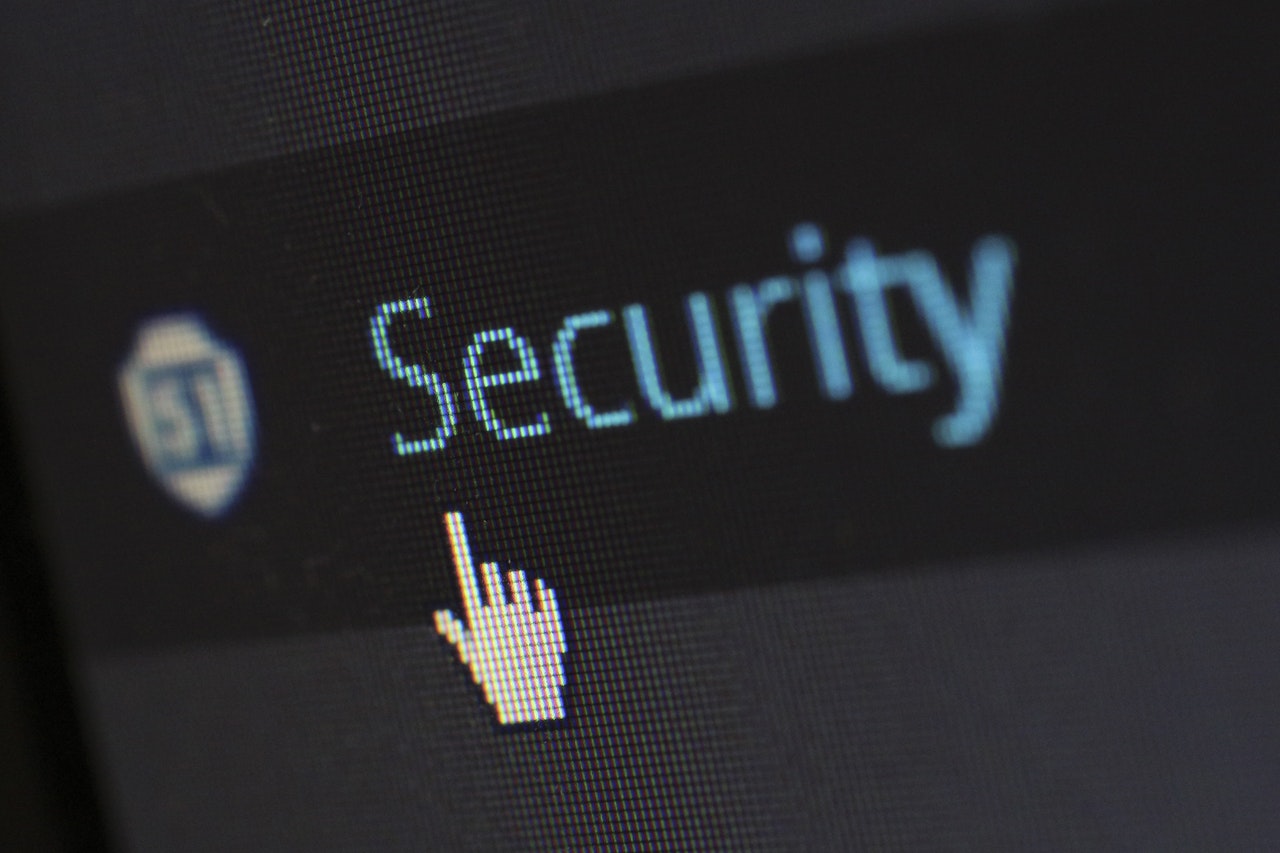5 Tips to Keep Your Computer Virus Free

Viruses consistently rank at the top as being one of the most common types of cyber threats. According to Statistic Brain, 40 percent of all U.S. households -- about 50.4 million households -- have been affected by a computer virus. Defined as malicious software that's capable of self-replicating, it can take over your computer, stealing your sensitive data, restricting access to files and slowing down your computer's performance.
#1) Check System for Corrupted Files
Scanning your computer for corrupted files will protect against vulnerabilities that could otherwise make it susceptible to viruses. Microsoft has a built-in tool for Windows 7 and newer operating systems that's designed specifically for this purpose. Known as the System File Checker, it will scan your hard drive in search of corrupted files. And if discovers any, the System File Checker will repair or delete them so that your computer isn't vulnerable to viruses.
#2) Install Antivirus Software
The most effective safeguard to protect your computer from viruses is antivirus software. Also known as anti-malware software it's designed to detect, prevent and fix viruses and malicious software. Antivirus software typically uses one of two detection methods: sandbox and dining mining. The former creates logs of which programs execute on your computer, logging this information and analyzing it to determine if a program is a threat. The latter involves the use of data mining and machine learning to determine which programs on your computer behave like viruses.
#3) Secure Your Email
Email is often the medium through which viruses are deployed on victims' computers. According to a cybersecurity study conducted by Verizon, nearly one-third of all phishing emails are opened. These phishing emails typically look like real emails from a legitimate company, friend or family member. They may request the recipient to download a file attachment, which deploys a virus on his or her computer. You can still use email as a form of communication, but you should take some precautions to protect against phishing. Customizing your Gmail spam filter, for instance, can prevent many phishing emails from ever reaching your inbox.
#4) Use a Firewall
Some computer users assume that antivirus software is the same as a firewall. However, it's actually a different cybersecurity measure that's used to protect against unauthorized access. When a hacker is able to infiltrate your internet connection and access your computer, he or she may deploy a virus. A firewall protects against this type of intrusion by creating a digital barricade between your computer and the outside world. On Windows 10, you can access your firewall by opening the Control Panel and selecting g Windows Firewall Settings. Use both antivirus software and a firewall to keep your computer virus free.
#5) Back Up Your Computer
Statistics show that 29 percent of users fail to regularly backup their computer. In doing so, they risk complete loss of data in the event of a virus or other forms of malware. Backing up your computer won't prevent hackers from deploying viruses on it. Rather, it will allow you to recover more quickly and without loss of data if your computer is ever infected. The key thing to remember is that you need to create backups on storage devices outside of your computer or the network to which it's connected. An external storage drive is an excellent place to backup your computer, or you can use a cloud storage service like Dropbox, Google Drive or Microsoft OneDrive.
Unfortunately, computer viruses aren't going away anytime soon. As hackers discover the monetary value of ransomware and other extortion-related viruses, they'll likely increase their efforts to deploy them. You can keep your computer virus free, however, by using the tips here.


 Mikkie
Mikkie








